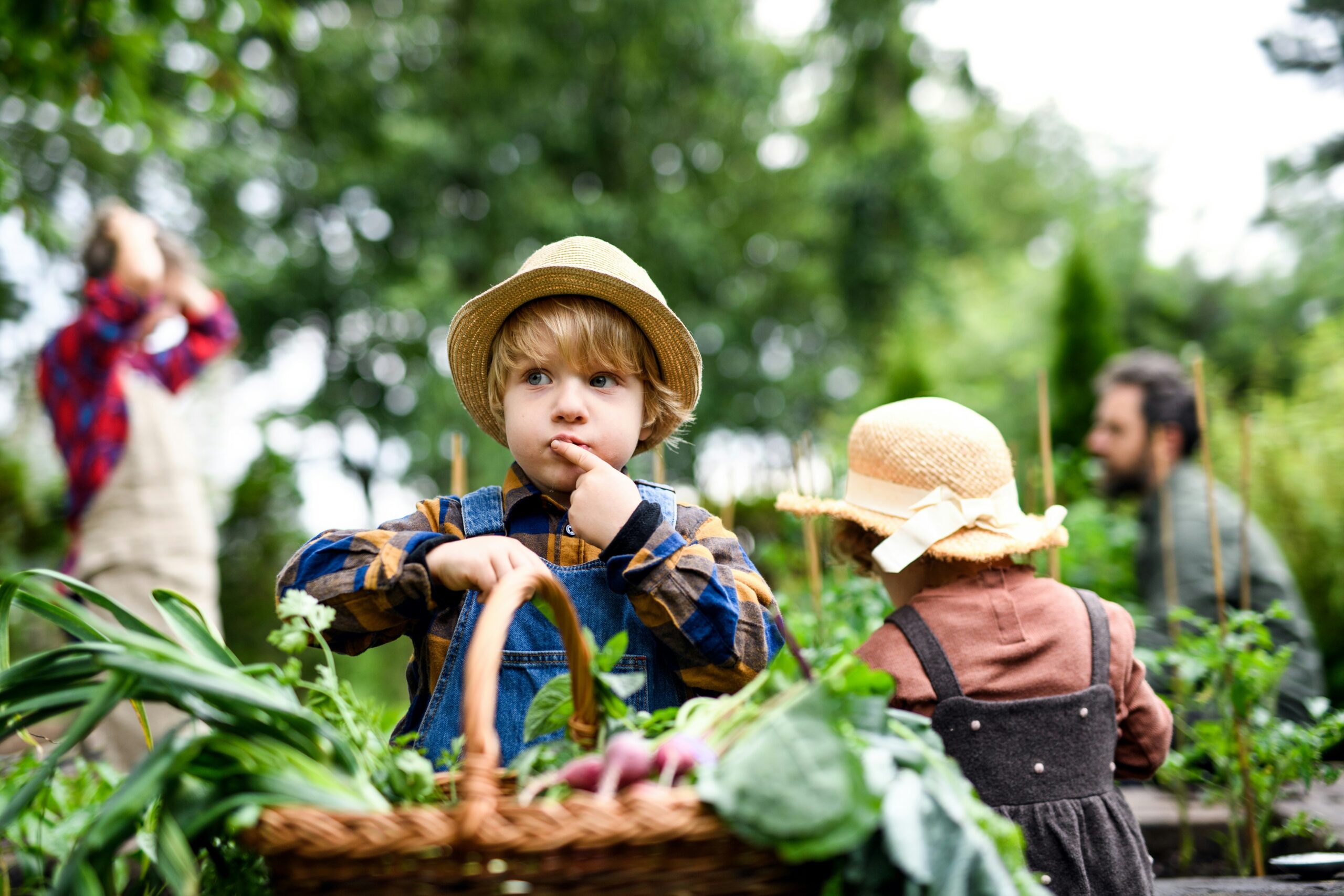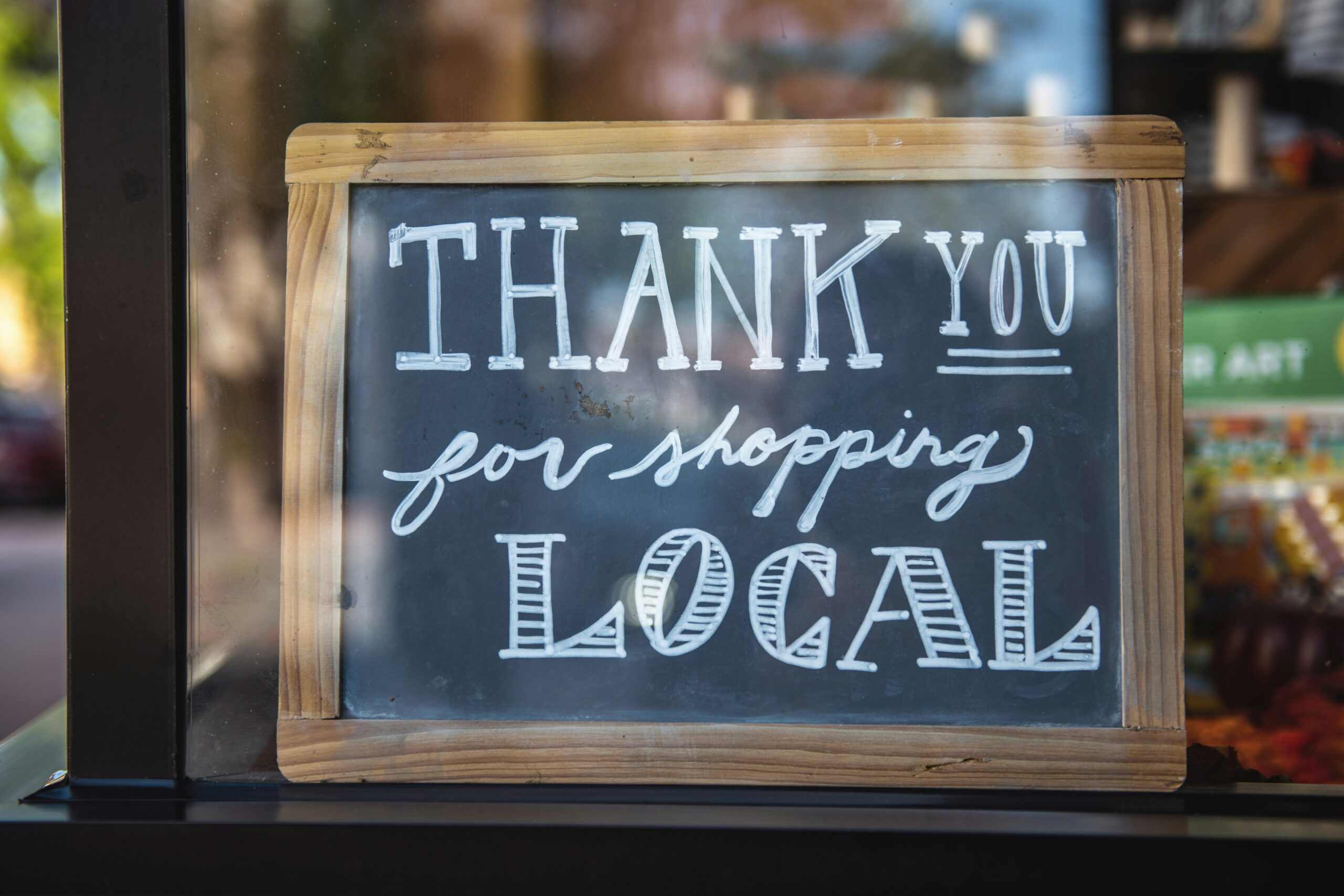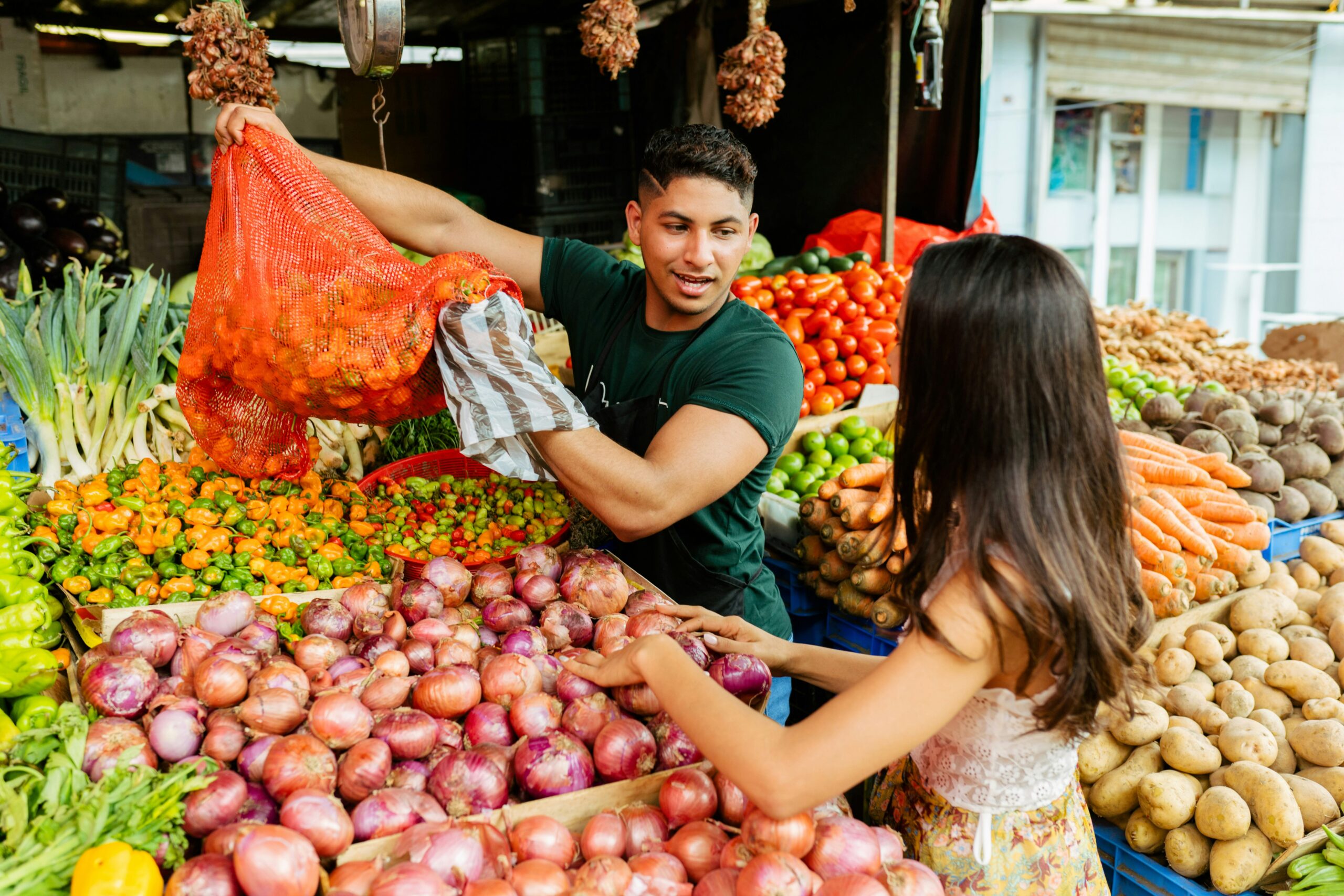Our goal is to drive systemic change by fostering sustainability on the micro and macro levels.
Sustainability at the micro level. How is this achieved?
This is achieved when we heal ourselves. When we decide to do something that we love instead of doing we think is practical. When we slow down, prioritize our mental & physical well-being, cultivate joy, inner peace, play, and have fulfilling relationships. Build a life that fosters happiness, purpose, and financial abundance! We want to help individuals pursue their dreams by providing a platform that makes it easy to sell their magic to their local community and beyond, as well as, be able to barter and trade with other members. This gives people the ability to use their magic to obtain other quality goods and services. No money, no problem. Use your skills and your magic to obtain the things you desire.
What does localizing globally mean and how does Sustainable Trades support this?
Localizing globally means meeting our human needs the best we can with the resources locally available to us. When you search for a good or service on the Sustainable Trades (ST) platform, your search results will populate based on your location. The goods and services closest to you will populate at the top of the list. The further you go down the list the further away the good or service will be. This makes shopping locally and sustainably easy! This is one of the ways Sustainable Trades drives systemic change on the macro level. How freaking cool?!
Sustainable Trades has a key focus on local sustainable farming practices
Because the shift away from big agriculture will generate powerful healing on both the micro and macro levels, Sustainable Trades has a key focus on local sustainable farming practices. Permaculture and regenerative farming practices create living soils—chock-full of microorganisms, free from pesticides, herbicides, and chemical fertilizers. Healthy soil produces healthy fruits and veggies, which provide our bodies with the nutrition we need to heal and thrive—the micro.
Local food also provides food security to our community and reduces the need for preservatives or excess packing because the food only travels a short distance. Studies show that biodiverse farming practices produce more food per acre, support wildlife habitats, and create healthy jobs that include movement, and a connection to nature & community.
Bio-diverse farming also helps to fight climate change by preventing erosion, sequestering carbon, and replenishing the aquifer. We believe this is the model that all our food systems need to shift into. By learning to work with nature we can restore harmony and balance on earth—the macro.
Localizing globally with a key focus on local sustainable food production is the solution multiplier!
When we support local businesses, we foster local economies and take the power away from global corporations and big agriculture. We create visibility and accountability when we engage with local businesses. It is much easier for your reputation to spread (whether good or bad) when you do business with people in your community, versus purchasing something that was manufactured 7000 miles away.
Helena Norberg Hodge, a leader in the Localize Globally movement and one of my heroes said it best:
“Our arms have gotten so long we can’t see what our hands are doing anymore”.
— Helena Norberg Hodge
Even conscious consumers have a hard time navigating product selection. The mainstream narrative is that it’s our fault as consumers and that we need to vote with our dollar. I agree it’s important to vote with your dollar, however, I’m here to say it’s not the consumer’s fault, it’s the system we were born into!
Our problem with the current global economy
While ST is committed to focusing our efforts on the solutions, we would be remiss if we didn’t discuss the problems facing our planet and the underlying root cause. Our system is the problem, and the foundation of that system is the global economy. The roots of the global economy stem from colonization. This system has always depended on the exploitation of indigenous cultures and natural resources.
Today, free trade treaties make it easy for big business to set up shop in countries where the environmental and human rights standards are the lowest. Allowing them to exploit humans and the natural world all in turn for a profit. This is children working in sweatshops, the desecration of rural communities to support factory growth, and the destruction of the rainforest, oceans, creeks, and rivers. This is the insanity of our imports and exports.
Did you know many goods are exported to a foreign country and that same good is imported from another country? In 2007, Britain and Australia exchanged 20 tons of bottled water just with each other. Businesses in China even export and then re-import their products so that they can take advantage of the import rebates available to them. These practices are commonplace in our global economy. American corn is sent to Mexico to feed cattle, the cattle are then sent to America to be butchered and sold back to Mexico for the meat market. Most fish caught in Alaska are sent to China to be deboned and then flown back to the United States to stock supermarket shelves. Talk about a carbon footprint!
Why is it cheaper to purchase something that has a 5,000- or 10,000-mile journey versus the same item locally produced? The answer is free trade treaties, tax subsidies, tax breaks, import/export tax rebates, discrepancies in minimum wage, and environmental standards—just to name a few.
The democratic process is lost to the power big business possesses over government. Big businesses lobby politicians to turn a blind eye to harmful practices. They’ve become so powerful they influence the media, academics, and health care.
Continue reading to learn about the vision of Sustainable Trades.


